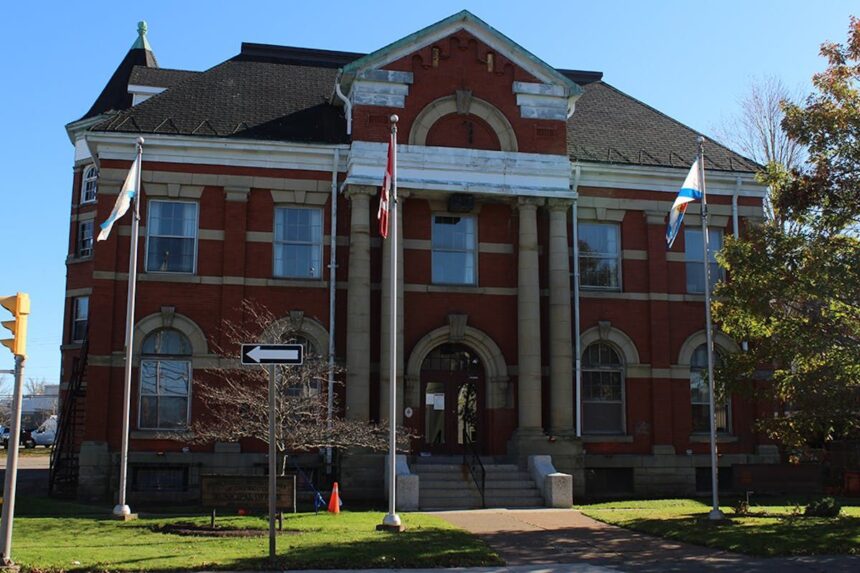The Municipality of Colchester County office, located on Church Street in Truro. Photo by Brendyn Creamer /Truro NewsArticle contentCOLCHESTER COUNTY – Colchester County has made progress in assessing the possibility of offering public transit in the community.THIS CONTENT IS RESERVED FOR SUBSCRIBERS ONLY.Subscribe now to access this story and more:Unlimited access to the website and appExclusive access to premium content, newsletters and podcastsFull access to the e-Edition app, an electronic replica of the print edition that you can share, download and comment onEnjoy insights and behind-the-scenes analysis from our award-winning journalistsSupport local journalists and the next generation of journalistsSUBSCRIBE TO UNLOCK MORE ARTICLES.Subscribe or sign in to your account to continue your reading experience.Unlimited access to the website and appExclusive access to premium content, newsletters and podcastsFull access to the e-Edition app, an electronic replica of the print edition that you can share, download and comment onEnjoy insights and behind-the-scenes analysis from our award-winning journalistsSupport local journalists and the next generation of journalistsRegister to unlock more articles.Create an account or sign in to continue your reading experience.Access additional stories every monthShare your thoughts and join the conversation in our commenting communityGet email updates from your favourite authorsSign In or Create an AccountorArticle contentStaff shared updates about the feasibility study with council at a public meeting on Sept. 25. The study began in January of this year.Article contentArticle content“This is at a very conceptual level at this point,” said Paul Smith, Colchester’s director of community development, of the updates.Article contentArticle content“A lot of details (need to be) worked out in terms of how this is going to be financed, the routes, where they occur, the stops, and the sort of fleet that we may decide on.”Article contentThe study consultant has mapped out two conceptual transit route designs based on community engagement findings.Article contentThey are not fixed, but rather, being provided to help illustrate the differences between coverage and frequency. The county is continuing to seek feedback from stakeholders and the public.Article content A T3 bus stops in downtown Charlottetown. Photo by Logan MacLean /The GuardianArticle contentOne design prioritizes route frequency, meaning it would cover a smaller area but provide faster service. Stops are in Truro, Bible Hill, Millbrook, Truro Heights and Salmon River (out to Harmony Road). Debert would be the only rural service area on this route.Article contentThe second conceptual design covers a larger area, but service would be slower. It would stop in Truro, Bible Hill, Millbrook, Truro Heights and Salmon River (out to Murray Siding bridge) Lower Truro, Onslow, and Hilden.Article contentArticle contentThere are more rural stops on this route, including Debert, and one to two weekly trips to Tatamagouche, Bass River, and Stewiacke.Article contentAccording to the report, both concepts would likely cost between $1-2 million annually, with 25,000 service hours.Article contentANOTHER COMMUNITY, ANOTHER COSTArticle contentDuring the meeting, District 6 Coun. Nigel Leggett asked why Valley was not included on either list of potential route designs.Article content“Staff had sort of similar concerns, but for the first phase, like the first time we implement transit, we were trying not to spread it too thin,” responded Joanna Burris, sustainability planner for Colchester. “Every additional community that we add, adds another cost.”Article contentShe said ideally, eventually they’d be able to serve more of central Colchester County, including Valley, but this draft is a starting point.Article contentThe report also said that staff are considering to possibility of using retired diesel buses from Halifax Transit at first to save money, however, downsides of this option include ongoing maintenance requirements and the size of the buses, which are 40 feet long.
Colchester provides updates on regional transit study











